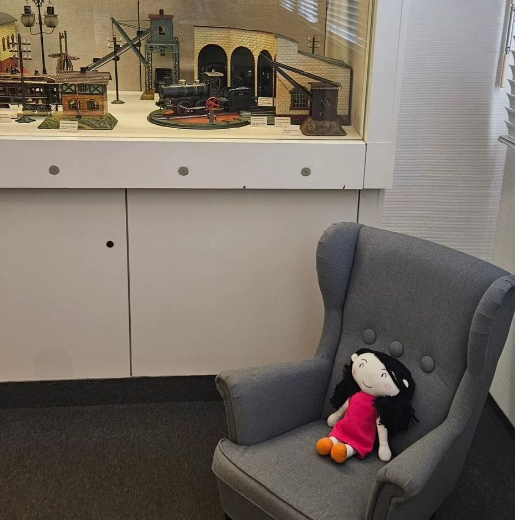Beyond Black and White: Denmark's Prenatal Screening Reflections
Denmark countryside was lush green and colour bursts as we passed houses, meadows, fields and unpeopled village roads. We drove on to Ribe, stopping by Mando, an island separated by a tidal river, the “pole’ to be grabbed today..
The drive to Mando was stunning – the majesty of nature combined with the enterprise of human spirit! The road to Mando is accessible for a few hours, twice a day, when the tide recedes, but the island itself has a village and thriving tourism! Cafes, small shops and bike rentals. Denmark is known for its bicycle culture, along with being the birthplace of Lego and one of the happiest nations in the world!
As lovely and happily positive as Denmark is, it also has a dark, rather gray, secret – it was one of the first countries in the world to introduce nation-wide prenatal screening tests for Down Syndrome to expectant mothers.
A prenatal screening test determines whether the baby has any genetic defects before they are fully developed in the womb. Denmark, over the years, has significantly reduced the number of Down Syndrome births after non-invasive screening in early pregnancy, which has a opt-in rate of over 90% in the country.
So, Denmark is a country of opposites – on one side folk with Down Syndrome like Peter and Morten are celebrated, on the other prenatal screening is a fundamental part of every mother’s/family’s life here.

We need to discuss such established social practices which cement certain perceptions towards developmental disabilities. While prenatal screening allows one to avoid bringing in a baby that might require atypical care, most Down Syndrome mothers say they would never replace their child with a neurotypical one (even if they could time travel back for a prenatal check). Is that a mother’s love or is there a more fundamental question we need to ask of ourselves as a society – how do we value life and support diverse needs, making it easier for all involved?!
Each family’s journey is unique and a delicate balance of a parent’s personal choice and socially constructed perceptions. It’s not black and white decision but what shade of grey agrees with us is worth pondering. Tell me what you think!
